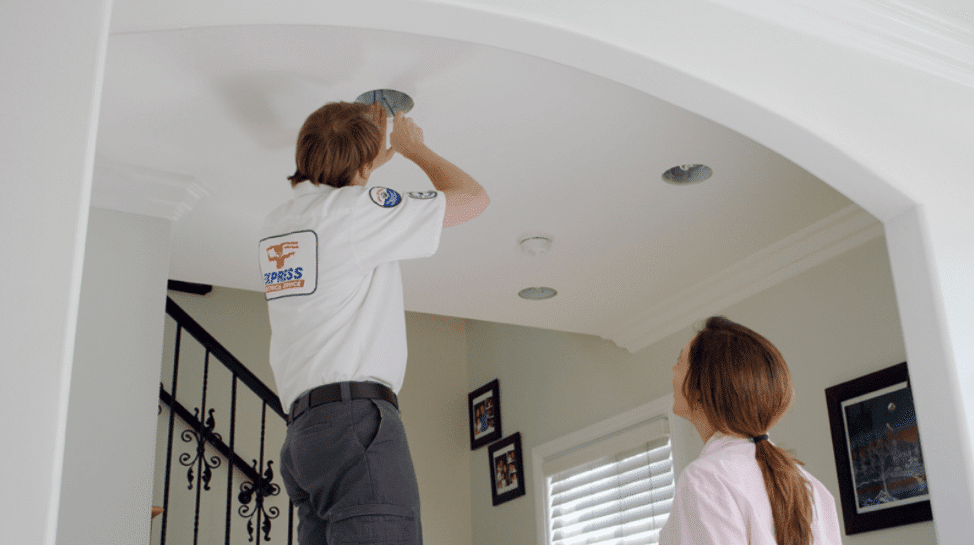Aluminum vs. Copper Wiring

Wiring for your home may be aluminum or copper. There are advantages and disadvantages to each, while the popularity of aluminum wires for home electrical installations as waxed and waned over the years. Today, copper wiring is more commonly used in homes. But some still debate the advantages of using aluminum.
Why Use Aluminum?
Aluminum wiring, despite some important shortcomings, has beneficial properties. It is lightweight, coming in at about 30% the weight of copper. When you compare a bare wire of aluminum to that of a bare wire of copper, with both having the same electrical resistance, an aluminum wire weighs half as much.
Its lighter weight makes aluminum more suitable for large projects such as power transmission lines. About half as much material is required as well, making it more affordable. Aluminum is also less likely to produce an electric discharge known as a corona.
The main disadvantage of aluminum wiring is the fire hazards it can create if not installed properly. While low-quality workmanship in the 1960s and 1970s is often to blame, the physical properties of aluminum are factors as well. Aluminum wire expands when warm, and contracts when cool. With each temperature cycle, the wire becomes less tight, loosening electrical connections, causing the wire to heat up, melt insulation and fixtures, and possibly cause a house fire.
Aluminum wires also require more maintenance due to wear and tear, fire risk, and susceptibility to corrosion in reaction to certain metals.
Is Copper the Better Option?
Early pioneers including Benjamin Franklin explored the conductivity of copper. It is the most common conductive metal, other than silver, and early standards compared the conductivity of all other metals to that of copper. Suited for small conductors, copper is easy to solder, is thermally stable, and versatile. Its ductility enables copper to be made into very thin wire while resisting wear and tear due to stress.
Copper is used for building wire, electronic cables, and for conductors in automotive, power generation, and power distribution systems. Highly resilient and durable, it performs well under a variety of conditions, making it safe and reliable for use in homes. In fact, you can improve home value by installing copper wiring.
Sometimes, the two metals are mixed, as is the case in copper-clad aluminum wiring for large coaxial cables. The aluminum contributes to reduced weight while the copper adds conductivity.
However, the disadvantages of copper include higher costs. Extensive wiring jobs can therefore be cost-prohibitive. The requirement for additional supports can increase costs as well. Copper is also heavy compared to aluminum, which can be a factor depending on the scope of the project.
Let Express Electrical Services Keep Your Home Safe
If you’re still debating aluminum vs. copper wiring for your home, or have discovered old, worn-out aluminum wiring, contact our Los Angeles electrician at Express Electrical Services. We are committed to keeping your home and family safe. Serving Los Angeles, Orange County, and Riverside County, our technicians are available 24/7 for emergencies and can be at your door in 60-90 minutes when you call. We’ll make sure your electrical wiring, components, fixtures, and appliances are installed properly to ensure your safety and peace of mind.
Call Express Electrical Services today or request service by submitting our online form.
